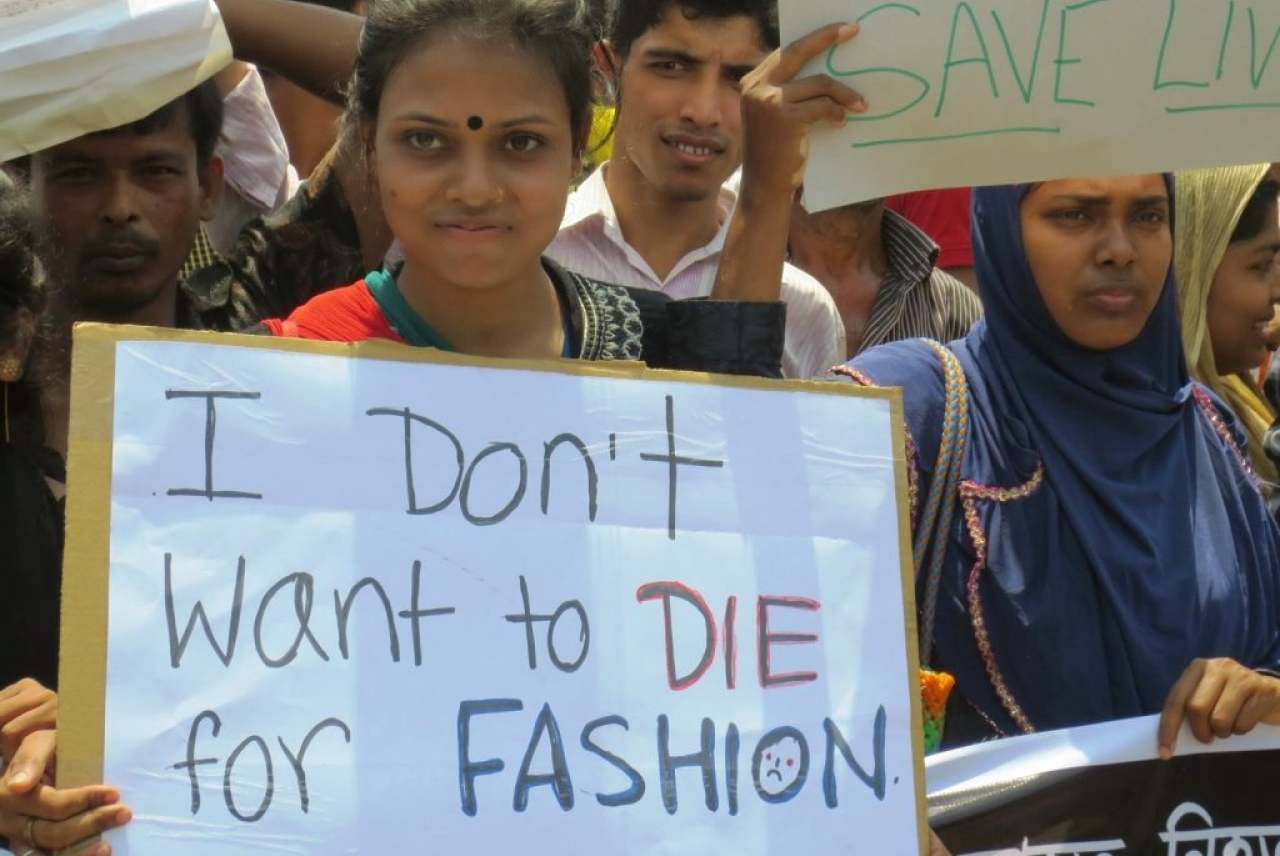As COVID-19 rapidly spread across the world, resulting in country-wide lockdowns, fashion brands sought ways to minimise the losses inevitably coming their way.
Their solution? Cancel orders with the garment factories making their clothes, including orders that had already been completed or were in the process of being completed.
As a result, factory owners have been unable to cover the costs of production for cancelled orders, including workers' wages, and thousands of workers have now faced factory closures, unpaid wages, and mass layoffs (particularly union members).
Following the news of these cancellations, and the mobilisation of activists and trade unions in apparel-producing countries, global citizens took to social media, to demand brands #PayUp. As a result several brands, including ASOS, Gap and more recently Primark, agreed to pay for cancelled orders.
There are numerous brands still reluctant to pay their workers, but it’s that Peacocks has become a prime target for campaigners, due to its treatment of suppliers, its contradictory messaging on philanthropy, and the brands’ shocking response to the public backlash.




